Forty years have passed since the fateful night when the Rainbow Warrior, a symbol of peace and environmental activism, was bombed in Auckland Harbor. The echoes of that tragic event still reverberate today, reminding us of the unwavering courage and resilience in the face of adversity.
The bombing of the Rainbow Warrior was not just an attack on a ship; it was an assault on a movement—a movement fueled by hope, resistance, and a relentless pursuit of justice. As we reflect on that dark chapter in history, we are reminded that “You can’t sink a rainbow,
” as expressed by those who refused to be silenced by acts of violence.
The legacy of the Rainbow Warrior is intertwined with stories of bravery and determination. Photographer Fernando Pereira, who tragically lost his life in the bombing, stood as a beacon of light amidst darkness. His commitment to bearing witness to injustice serves as a poignant reminder that hope is not passive but a decision to act—a decision to stand up against tyranny and oppression.
In the aftermath of the bombing, the world witnessed an outpouring of support for Greenpeace and its mission to protect our planet. The attack may have damaged a ship, but it only strengthened the resolve of activists worldwide. Despite facing state-sponsored terrorism and attempts to silence their voice, they persisted in their fight against nuclear testing and environmental degradation.
Today, as we commemorate the 40th anniversary of this pivotal moment in history, we are confronted with new challenges. Civil society faces increased threats from powerful interests seeking to quell dissent and stifle activism. The rise of autocracy and oligarchy poses grave dangers to our collective future, threatening both people and planet.
Mads Christensen emphasizes that “
Hope rises as we join together with increased unity and courage” amidst these turbulent times. The spirit of resistance that defined the Rainbow Warrior continues to inspire us to stand firm in our convictions and push back against forces that seek to undermine progress.
As Greenpeace documents the ongoing impact of nuclear testing in places like the Marshall Islands, we are reminded that the shadow of nuclear war looms large over vulnerable communities. The need for environmental protection has never been more urgent as short-term greed takes precedence over long-term sustainability.
In recent months, organizations like Greenpeace have faced legal attacks aimed at crippling their ability to advocate for change peacefully. These Strategic Lawsuits Against Public Participation (SLAPPs) serve as tools of intimidation meant to drain resources and hinder meaningful action towards positive transformation.
Despite these challenges, one thing remains clear: hope is resilient. Just as activists refused to back down after the bombing 40 years ago, so too must we continue our fight for a better world today. Together, united by a shared vision for a more just and sustainable future, we can overcome obstacles and create lasting change.


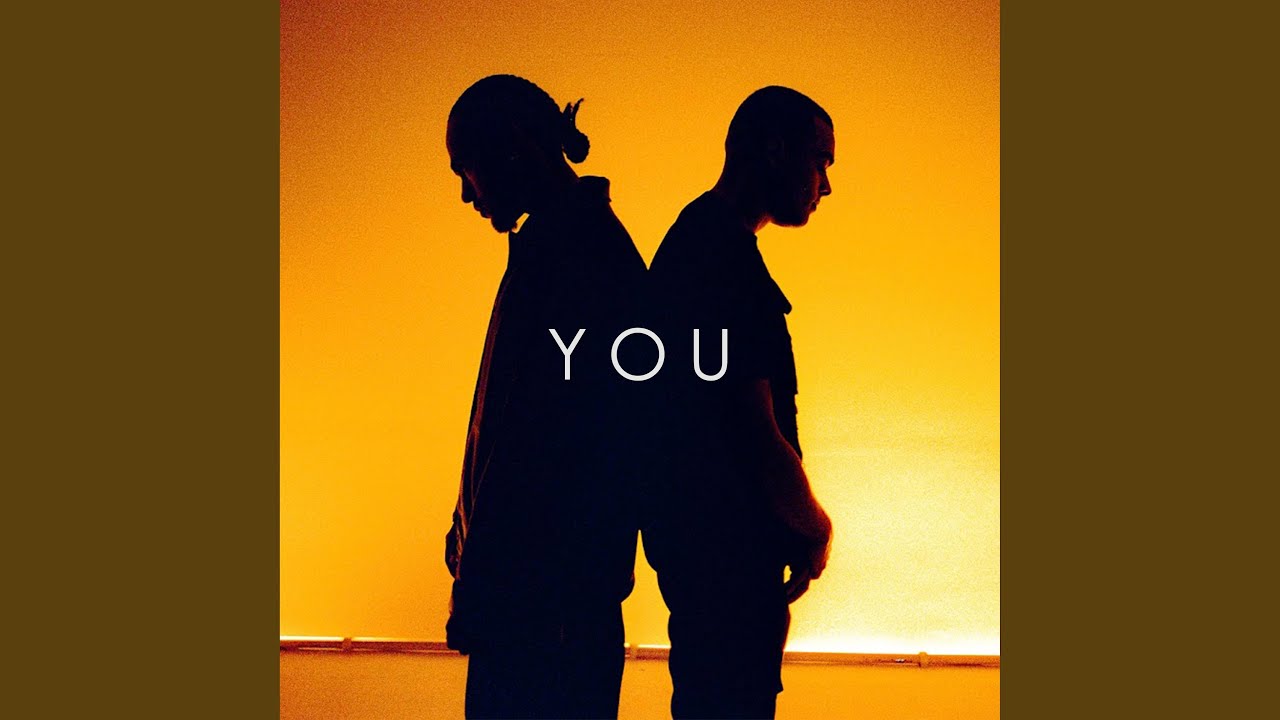

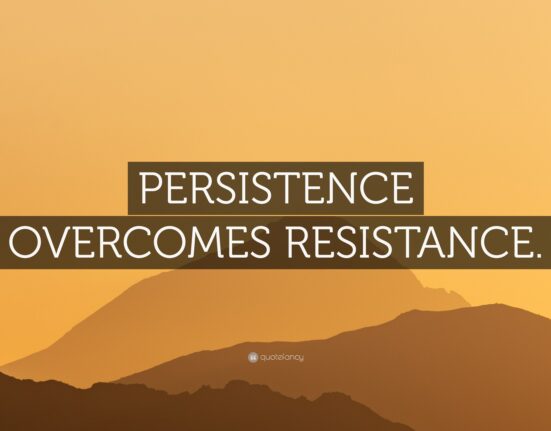
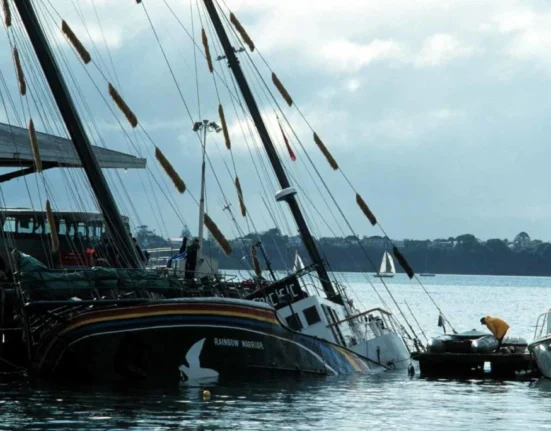

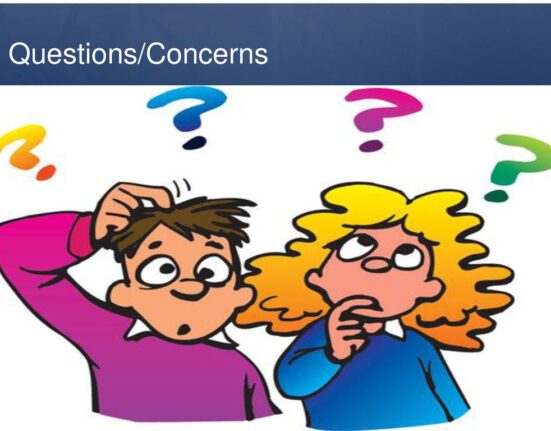
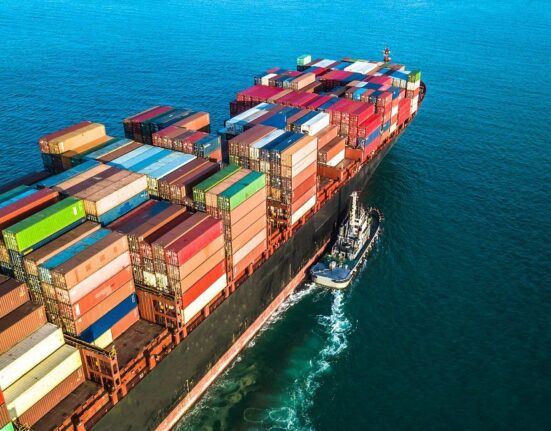
Leave feedback about this